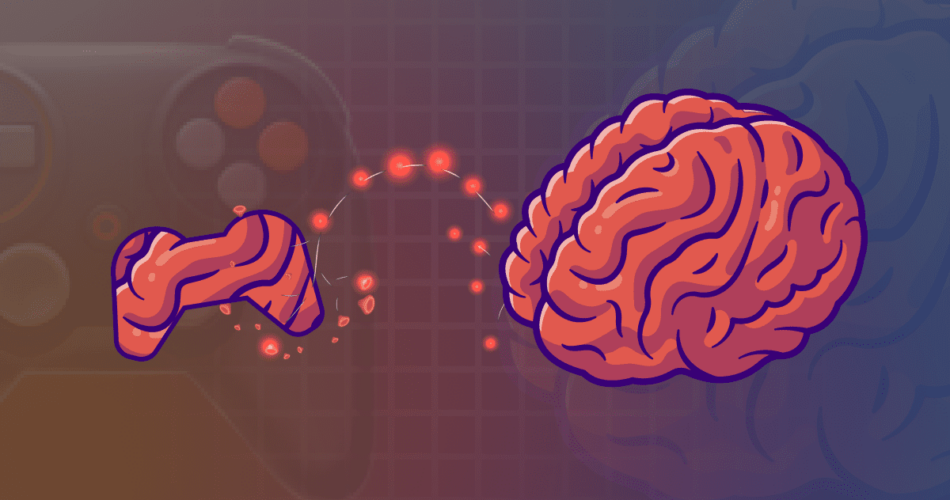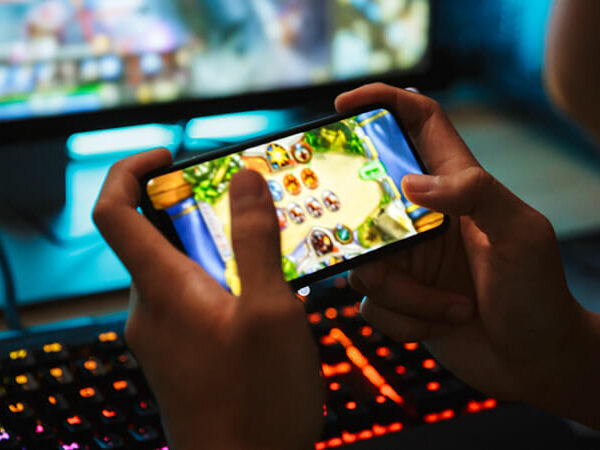In today’s digital age, gaming has evolved from a niche hobby into a global phenomenon, captivating millions of players worldwide. While gaming offers immersive experiences, social connections, and mental stimulation, it also poses challenges to personal well-being if not managed appropriately. Balancing gaming with overall well-being requires mindfulness, discipline, and strategic approaches. In this article, we explore power-ups and pitfalls—strategies to optimize gaming experiences while safeguarding mental and physical health.
Power-Ups:
- Setting Boundaries: Establish clear boundaries for gaming sessions. Allocate specific times for gaming and prioritize other responsibilities, such as work, studies, and social interactions. Setting limits prevents excessive gaming, ensuring a balanced lifestyle.
- Moderation is Key: Embrace moderation in gaming habits. Enjoy gaming as a form of entertainment and relaxation, but avoid excessive playtime. Limiting gaming sessions to reasonable durations allows for diverse activities and prevents negative impacts on health.
- Physical Activity Integration: Incorporate physical activities into gaming routines. Utilize gaming platforms that promote movement, such as virtual reality (VR) games or motion-controlled consoles. Additionally, take breaks between gaming sessions to stretch, exercise, or engage in outdoor activities.
- Mindful Gaming Practices: Practice mindfulness while gaming. Be aware of emotional and physical cues, such as fatigue, stress, or frustration. Take regular breaks to rest and recharge, fostering mental clarity and preventing burnout.
- Social Connection: Harness gaming as a tool for social interaction. Engage in multiplayer games with friends or join gaming communities to cultivate meaningful connections. Balancing gaming with socializing enriches experiences and fosters a sense of belonging.
- Diversification of Activities: Explore diverse leisure activities beyond gaming. Allocate time for hobbies, interests, and personal development pursuits. Engaging in varied activities promotes well-roundedness and prevents gaming from dominating daily routines.
Pitfalls to Avoid:
- Escapism Trap: Beware of using gaming as a means of escapism from real-life challenges or stressors. While gaming can offer temporary relief, excessive escapism may hinder problem-solving skills and exacerbate underlying issues.
- Sedentary Lifestyle: Guard against sedentary behaviors associated with prolonged gaming sessions. Combat the risks of physical inactivity by incorporating regular movement breaks, exercise routines, and ergonomic setups to support posture and comfort.
- Sleep Disruption: Avoid gaming late into the night at the expense of sleep quality. Prioritize adequate rest by adhering to consistent sleep schedules and avoiding stimulating activities before bedtime. Disrupted sleep patterns can impair cognitive function and impact overall well-being.
- Social Isolation: Prevent social isolation resulting from excessive gaming. Balance virtual interactions with face-to-face connections and offline activities. Nurturing real-life relationships fosters social support networks and reduces feelings of loneliness.
- Financial Burden: Exercise caution regarding in-game purchases and microtransactions. Monitor spending habits within gaming platforms to prevent financial strain. Responsible spending habits safeguard financial well-being and prevent gaming-related debt.
- Performance Pressure: Guard against excessive performance pressure in competitive gaming environments. Embrace a healthy mindset focused on enjoyment and personal growth rather than solely on winning. Balancing competitiveness with sportsmanship promotes positive gaming experiences.
In conclusion, achieving harmony between gaming and well-being necessitates a mindful approach and balanced lifestyle choices. By implementing power-ups such as setting boundaries, moderation, and integrating physical activity, gamers can optimize their experiences while avoiding pitfalls such as escapism, sedentary behaviors, and social isolation. With proactive strategies and self-awareness, individuals can harness the benefits of gaming while safeguarding their mental, physical, and social well-being.



